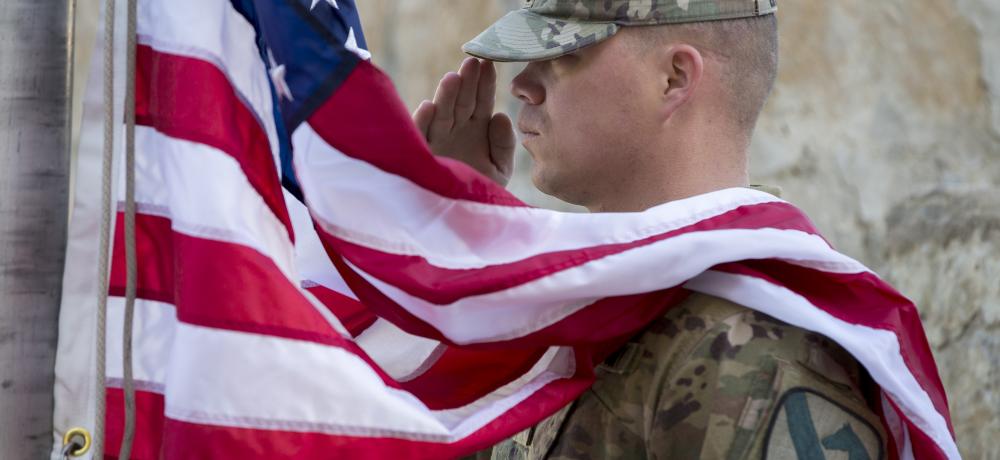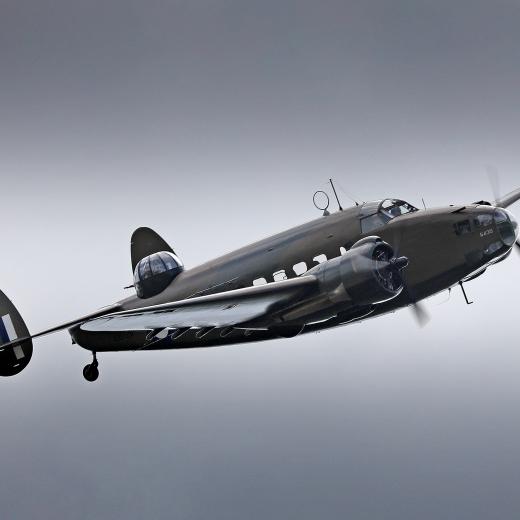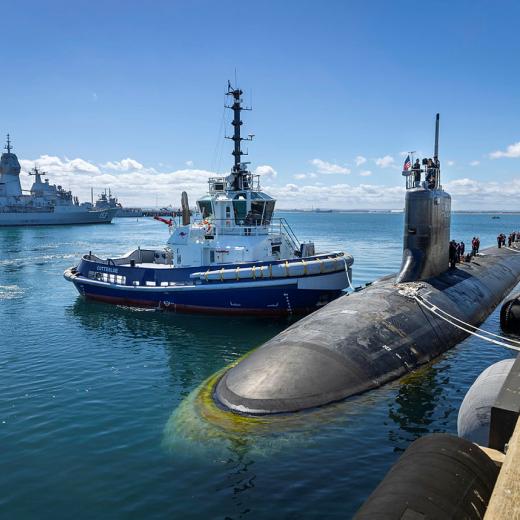BLUF
US writer Paul Fussell, who died in 2012 was a well-respected academic military historian.Summary
Fussell is unusual for an academic in that he also served in WW2 as an infantry Lieutenant. His best-known book, The Great War and Modern Memory, provides a picture of the horrors of WW1. Key points:
-
He outlines the cold stupidity of WW1 leaders.
-
And looks at the different myths, themes and literature of WW1.
-
Argues that romanticising the war ended up creating a sense of disillusion and distrust of authority.
-
He was influenced by his own experiences in WW2 where, on his first morning on a battlefield, he awoke surrounded by corpses.
-
Wounded, awarded a Purple Heart and Bronze Star.
-
Convinced only those who had experienced battle could write military history.
-
The Great War and Modern Memory has parallels with the Vietnam War.
-
One of his most famous essays is: Thank God for the Atom Bomb.
-
During WW2, Fussell's unit had fought through Germany and suffered considerable casualties.
-
His unit had been warned out for deployment to the Pacific to prepare for the invasion of Japan.
-
Such an invasion was expected to result in enormous casualties for American troops and British troops.
Other works from Fussell include:
-
Wartime: Understanding and Behavior in the Second World War.
-
The Boys Crusade, The American Infantry in Northwestern Europe, 1944-1945.
References
- Aug 1981 The New Republic - Fussel - thank god for the atom bomb
- Aug 1989 The Atlantic he Real War 1939-1945 - The Atlantic
- May 2001 JSTOR Paul Fussell's The Great War and Modern Memory: Twenty-Five Years Later
- Nov 2011 Kirkus Book Review The Great War and Modern Memory





